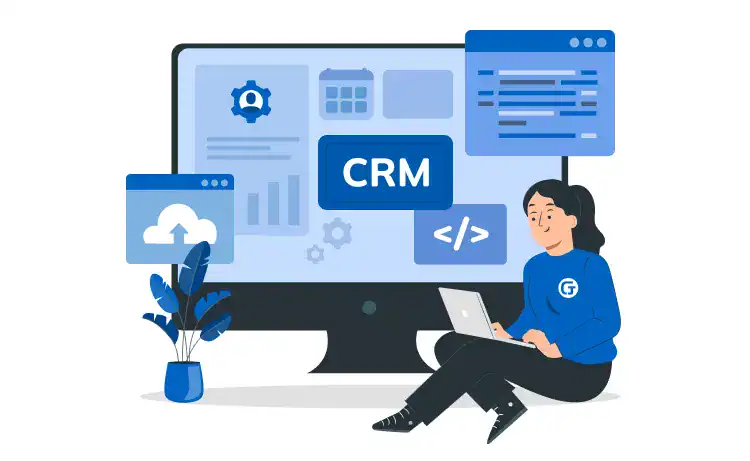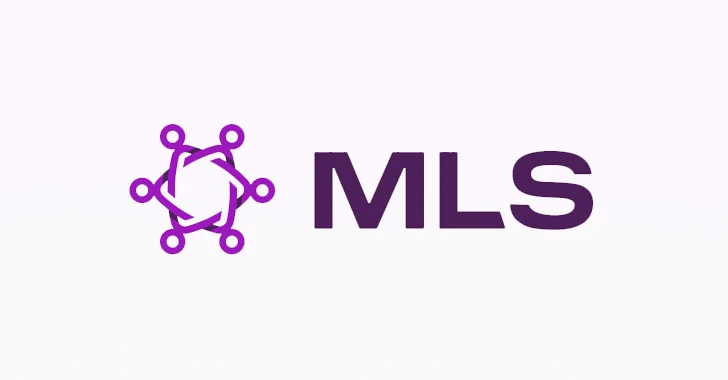In the ever-evolving landscape of real estate, access to comprehensive, timely, and accurate property information is key to making well-informed investment decisions. Traditionally, access to Multiple Listing Services (MLS) has been reserved primarily for licensed real estate agents and brokers, serving as the industry’s central repository of property listings and transactional data. However, a growing trend is emerging: subscription-based MLS access tailored specifically for investors. This model not only democratizes crucial property data but also reshapes the way investors engage with markets, uncover opportunities, and manage portfolios. This article examines the rise of subscription-based MLS access for investors, highlighting its advantages, operational structure, and implications for the real estate investment community.
The Evolution of MLS Access
Historically, MLS databases have served as closed systems designed to support licensed professionals through the sharing of comprehensive property listings. Restrictions on public access are aimed at preserving data integrity, protecting agents’ commissions, and maintaining competitive advantages.
Over time, technological advancements and market demands have pressured MLS providers to reconsider these limitations. Investors—ranging from individual buyers with investment intent to institutional players—require detailed market intelligence to identify undervalued properties, analyze trends, and craft acquisition strategies.
In response, some MLS organizations have introduced subscription-based access programs that grant vetted investors entry to select MLS data streams. These subscriptions streamline data availability without compromising the confidentiality and exclusivity that agents rely on. This model enables investors to tap into real-time listings, comprehensive property histories, and market analytics typically beyond their previous reach.

Benefits of Subscription-Based MLS Access for Investors
The primary advantage lies in the ability to obtain accurate and up-to-date property information directly from an authoritative source. For investors, particularly those focused on rental properties, fix-and-flip projects, or commercial acquisitions, timely data can mean the difference between securing a profitable deal and missing out.
Subscription access often provides more detailed information than public-facing real estate websites, including price adjustments, days on market, pending sales, and neighborhood activity. This level of detail enhances due diligence by illuminating market momentum and competitive conditions.
Additionally, subscription-based systems usually offer advanced search capabilities, allowing investors to filter listings by criteria such as property type, location, price range, and investment-specific metrics like potential rental yield or renovation costs.
Such platforms may also integrate with investment analysis tools, facilitating quick assessment of cash flow projections, capitalization rates, and return on investment scenarios. This consolidation of data and analytics supports more strategic decision-making.
Access Models and Eligibility Criteria
Subscription-based MLS access programs vary significantly depending on the governing MLS and regional regulations. Typically, investors must apply, meet certain eligibility requirements, and pay recurring subscription fees that reflect the value and extent of data provided.
Eligibility often requires proof of investment intent or credentials verifying active participation in real estate investing, such as business licenses or real estate education certifications. These measures assure MLS providers that access is granted to serious market participants, not casual browsers.
Fee structures differ and may be tiered. Basic subscriptions might offer limited listings and functions, while premium packages grant deeper data access, integration options, and real-time alert capabilities. Some MLS providers collaborate with third-party platforms to deliver subscription services, leveraging specialized technology and customer support tailored to investors’ needs.
Implications for Market Efficiency and Competition
By extending MLS access to investors, the real estate market moves toward greater transparency and efficiency. Unsold properties are exposed to a wider audience, accelerating transactions and reducing time on market. Investors gain a more level playing field, reducing the information asymmetry that once favored licensed agents exclusively.
This broader access can lead to intensified competition for desirable properties, particularly in hot markets where investor activity is high. As a result, investors equipped with subscription MLS data must act swiftly and strategically to capitalize.
At the same time, licensed agents continue to hold advantages in negotiating deals, understanding local market quirks, and leveraging relationships with sellers and other professionals. The subscription model complements rather than replaces the traditional agent-investor dynamic.
Challenges and Considerations for Investors
While subscription-based MLS access provides many benefits, investors need to approach these platforms judiciously. For one, sufficient real estate knowledge remains essential to interpret and apply data correctly. Raw information alone does not guarantee success; understanding market nuances, regulatory environments, and financing options is pivotal.
The cost of subscriptions can be considerable, especially for small-scale investors or those in multiple markets. Careful cost-benefit analysis is crucial to ensure the subscription aligns with investment volume and expected returns.
Additionally, while subscription systems provide access to MLS data, they do not typically include full transactional details such as confidential contract terms or private disclosures, still requiring coordination with agents for complete deal execution.
Data privacy and compliance concerns also arise. Investors must respect legal boundaries and MLS policies governing data use, sharing, and redistribution.
How Real Estate Professionals Can Adapt
Licensed agents and brokers can view subscription-based MLS access for investors as an opportunity rather than a threat. With a growing cohort of informed investors operating directly from MLS data, agents can pivot their role toward facilitating deal negotiation, offering market insights, and providing advisory services that add value beyond raw listings.
Agents who collaborate effectively with investor clients equipped with MLS subscriptions can tailor their service offerings to meet evolving expectations, incorporating technology-enabled communication, joint deal analysis, and streamlined transaction management.
Moreover, agents might explore partnerships or referral arrangements with subscription platforms, integrating their expertise to enhance client acquisition and retention.
Successful Integration of Subscription MLS Access
Several MLS regions have piloted or implemented investor subscription programs with encouraging results. For instance, in markets where investor demand is high, such as major metropolitan areas, subscription access has helped smaller investors compete alongside institutional buyers by leveling data accessibility.
User testimonials often cite the convenience of real-time alerts and the ability to conduct deep dives into market trends as critical factors enabling timely acquisitions.
In some cases, integrated platforms combine MLS subscriptions with financing resources, property management software, and legal documentation repositories, creating comprehensive ecosystems that streamline investment processes.

The Future of Subscription-Based MLS Access
The trajectory of subscription-based MLS access implies continued growth and sophistication. Advances in artificial intelligence and machine learning promise to enhance data presentation and predictive analytics, deepening investor insights into market conditions and property potential.
Multi-market subscriptions and cloud-based access may enable investors to seamlessly navigate properties across state lines or national boundaries, fostering portfolio diversification.
Regulatory frameworks are likely to adapt, balancing openness with protections that safeguard data integrity and professional standards.
Emerging partnerships between MLS providers, fintech companies, and proptech innovators will produce new value-added services, making subscription MLS access not just a source of listings but a hub of comprehensive investment intelligence.
Conclusion
Subscription-based MLS access for investors marks a meaningful shift in real estate information dynamics. By granting controlled, affordable entry to rich property data, this model empowers investors to operate with greater confidence, agility, and precision. While challenges remain in interpreting data and integrating this access into holistic investment strategies, the benefits of enhanced market transparency and opportunity discovery are compelling.
As the real estate industry continues to embrace technology-driven solutions, the expansion of MLS subscription services for investors signals a more inclusive, efficient, and competitive marketplace. Investors and professionals alike who understand and leverage these offerings will find themselves better positioned to navigate the complexities of contemporary real estate investment.
Frequently Asked Questions About Subscription-Based MLS Access for Investors
-
What is subscription-based MLS access for investors?
It’s a service allowing real estate investors to access MLS property data through paid subscriptions, offering detailed and timely listings beyond public websites. -
Who is eligible for investor MLS subscriptions?
Eligibility varies but generally requires proof of real estate investment intent, such as business licenses, investment credentials, or relevant certifications. -
How does subscription MLS access benefit investors?
It provides comprehensive listings, advanced search filters, and real-time alerts, helping investors identify opportunities faster and analyze markets more effectively. -
Are subscription fees costly for investors?
Costs differ by MLS and subscription tier; investors should weigh fees against potential returns and usage frequency to determine value. -
Do subscription services replace working with real estate agents?
No, agents still offer vital expertise in negotiation, local market knowledge, and transaction management beyond listing access. -
Can investors access full transaction details through subscriptions?
Generally, detailed contract terms or private disclosures are not included and usually require collaboration with licensed agents. -
What types of properties can investors find via MLS subscriptions?
Listings cover residential, commercial, rental, foreclosure, and other property types depending on the MLS coverage and subscription level. -
Is subscription-based MLS access becoming more common?
Yes, increasing demand for market transparency and technology integration is driving wider adoption of investor-focused MLS subscriptions.













